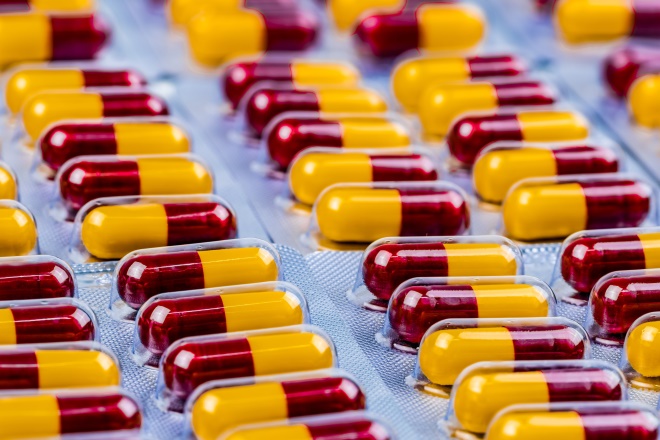People with treatment-resistant depression who have low-grade peripheral inflammation may benefit from add-on minocycline therapy, a small study has suggested (28 January 2021)[1].
Researchers from King’s College London examined the antidepressant effect of the antibiotic minocycline in a four-week, randomised controlled trial involving 39 patients with major depressive disorder.
The investigators found no clear difference between minocycline and placebo in improving depressive symptoms at week four.
However, in a secondary analysis, they observed an increased response to minocycline among patients with higher C-reactive protein (CRP) levels, indicating low-grade inflammation. Patients with a baseline CRP level ≥3 mg/L had the largest improvement in their depressive symptoms (minimum standardised effect size of 1.5, range 1.5–1.9).
The researchers also observed that patients who responded to minocycline, with at least a 25% reduction in symptoms, also had higher levels of baseline interleukin-6, and that the effect of minocycline on depressive symptoms was mirrored by a reduction in interferon-γ levels, but not in the levels of CRP or other cytokines.
Maria Antonietta Nettis, a researcher at King’s College London and lead author of the study, said: “Our findings need replication in further studies but, overall, they suggest that complementing patients’ assessment with the measurement of biological markers, such as CRP, could help identify potential responders to minocycline.
“This agent could be a relatively safe and well-tolerated addition to treatment in immune-related depression.”
-
1
Nettis MA, Lombardo G, Hastings C, et al. Augmentation therapy with minocycline in treatment-resistant depression patients with low-grade peripheral inflammation: results from a double-blind randomised clinical trial. Neuropsychopharmacol Published Online First: 28 January 2021. doi:10.1038/s41386-020-00948-6
